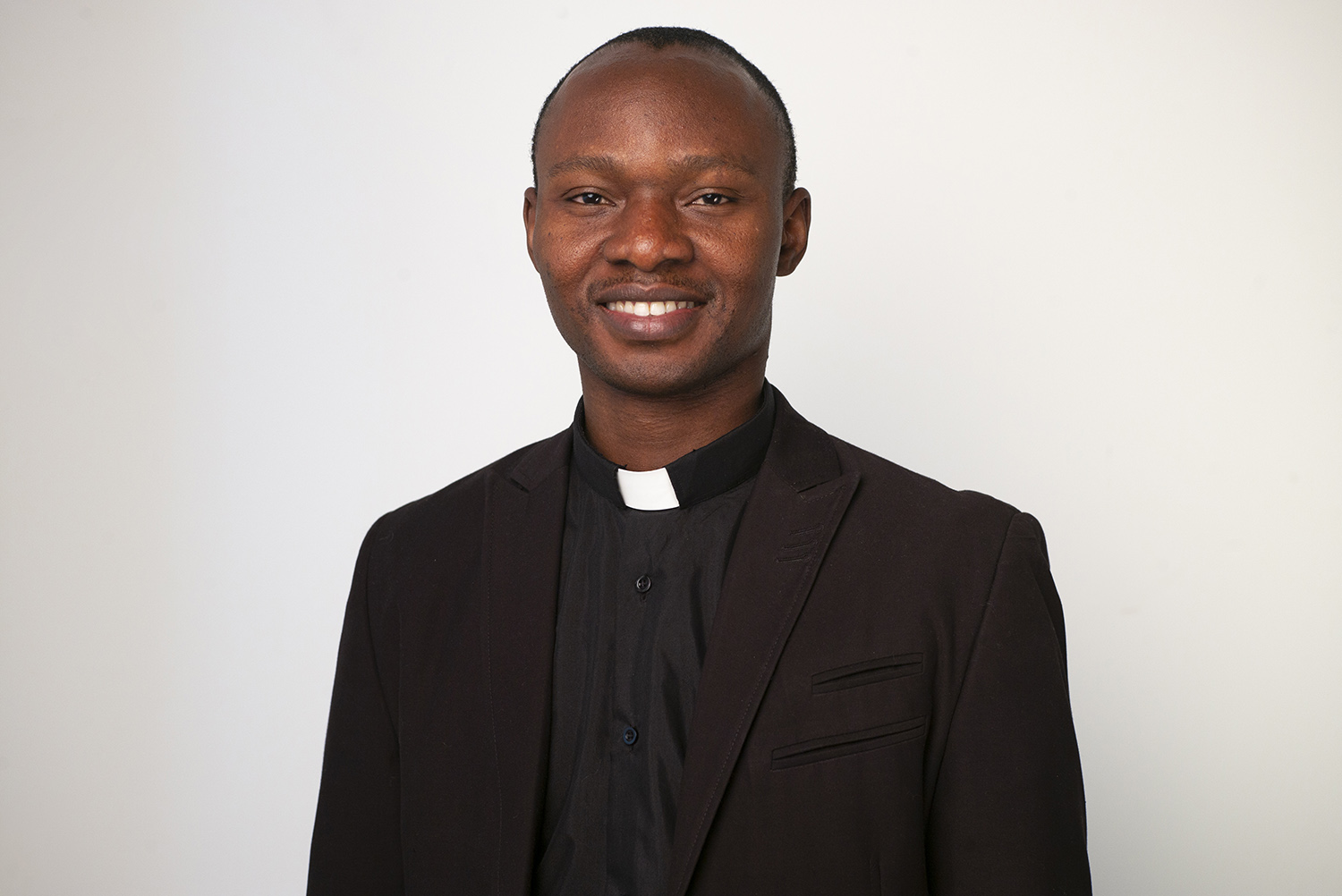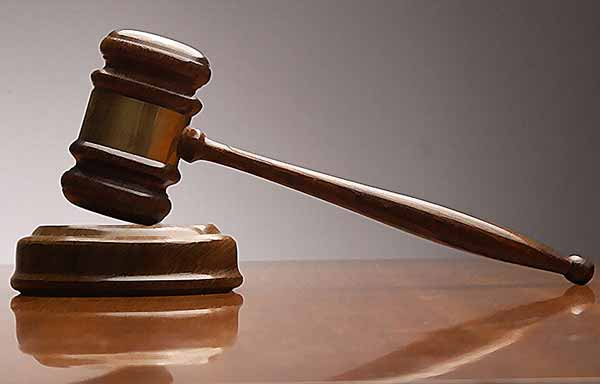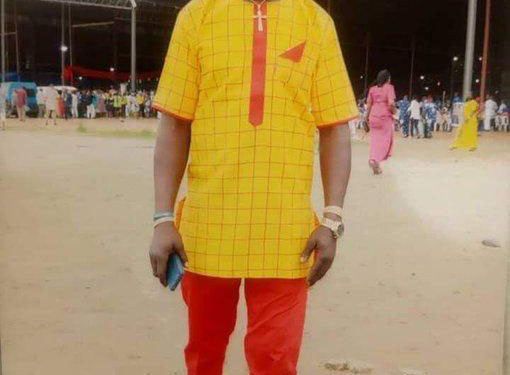Chidi Amuta
The law needs to be decked out like a trans-vestite, in female drapery so as to conceal its unlovely phallus.
Edmund Burke
The Nigerian Supreme Court has mired itself in odious political mud. In the process, it has descended from the pinnacle of learned discourse to the rough and tumble of street corner banter and gutter snipes. Among common folk these days, the reputation of the Supreme Court is repeatedly thrashed and lampooned by fish mongers, two pennywhores, casual artisans and assorted palm wine patrons alike. Struggling free from this reputational mess will be hard and prolonged, if ever.
The recent attempt to use the applications for reviews of its controversial rulings on the Bayelsa and Imo governorship elections may have worsened the plight of the Court. In this untidy embrace with political animals of the Nigerian variety, I can only see their lordships in disorderly retreat into their chambers, gowns tattered and wigs roughened. The cuts are deep and the harm almost irreparable.
It is all because of politics and, many believe, the money that fuels it. In this clime, very few things survive a handshake let alone an embrace with politics. Nigerian politics taints and toxifies nearly all that it comes into contact with. The growing political contamination of the apex court may have come to a head with the two recent applications for a review of its rulings in question.
On the Bayelsa case, the Supreme Court had a fairly straightforward recoup of a bit of its shriveled credibility. The untidy credentials of the Deputy governor- elect gave the Court both a moral and legal crutch to stagger home with. Given the serial untidiness in the paper qualifications of the deputy governor -elect, the verdict of the Court was expected. It was easy for the Court to reaffirm its earlier ruling which, in any case, was impeccable from the perspective of both law and justice.
Even then, that ruling was curiously inconsistent in terms of precedent. When Governor Abubakar Audu of Kwara State passed on before assuming his mandate, the same Supreme Court ruled that his deputy-elect could not assume his seat by virtue of being on a common ticket with the late Audu. But the Court found it convenient in the Bayelsa case to nullify the David Lyon mandate on the basis of the deputy governor-elect’s disqualification. The Court only used the Bayelsa verdict to flex its shrunken muscle of sanctity. It even weighed down on the litigants and their counsels with indictments and hefty fines to wit.
But on the Imo case, the Court was caught in its own contradiction. By the nature of its earlier ruling on the Imo matter, it was clear that the Court trespassed into the realm of the political arithmetic of vote tallying. To be fair, nothing stops a court from using mathematical data as the basis of a judgment. But as an assemblage of ‘learned’ people, the Supreme Court had better ensure that its numbers add up. But in arriving at the original ruling that threw Mr. Ihedioha from the cozy confines of the Government House in Owerri into the job market, the Supreme Court’s arithmetic was somewhat dodgy and so its numbers did not add up politically.
First, the Court took over INEC’s role as ultimate vote tallying agency. Not only that, the Court revalidated votes that had been nullified as defective by INEC without caring to ascertain how many of these controversial votes there were. Worse still, the court relied on the evidence of a controversial witness- one police officer.
In an apparent haste to hand Mr. Hope Uzodinma the keys of the Owerri Governor’s mansion, the Court retrieved and tallied the INEC discredited votes and arrived at a ruling that produced a voter turnout far in excess of the total number of registered and accredited voters in the affected polling stations. Even in an age where every cheap smart phone is a calculator, the apex court lost sight of this mathematical incongruity, electoral curiosity and political minefield. The Supreme Court did not even have the good manners to reserve a role for INEC. It simply leap frogged Mr. Uzodinma from a fourth position to governor in an instant. In the process, the Court opened itself to charges of vicarious ballot inflation and, some have said, even election rigging. These are felonies that Nigerian politicians are repeatedly charged with. In the aftermath of this first ruling on Imo, it became hard for the public to choose between the Supreme Court and crass partisan politicians.
The public outrage was predictably spontaneous and instant. Processions thronged the streets of Owerri demanding justice for Mr. Ihedioha who won an election and was governing sensibly. Subsequently, the processions took on a more partisan hue in Abuja and other centers around the country. In an atmosphere riven with partisan frenzy, the apex court had enrolled in a nasty partisan fray. So, whether or not it intended it, in the eyes of the public, the Supreme Court had become a vicarious ‘political party’ with an unclear agenda and an untidy reputation. It has since acquired a nasty partisan smell of compromise. These reservations musr have fuelled Mr. Ihedioha’s legitimate application for a review. The assumption, I presume, is that the murkiness of the ruling left enough room for some salvage work.
Mr. Ihedioha’s review application was therefore a unique opportunity for the Court to recant and redeem itself. Tardiness of mathematical evidence and the possibility of evidence tampering while the disputed ballots were with the police would have served the Court well to plead ‘less than reasonable doubt’ and walk back. The review could have played the ball back to INEC to re-do the sums or the entire election.
Instead of this simple route, the Court relapsed into the lazy option of arrogant reaffirmation of the obvious: re-stating its status as the court of ultimate jurisdiction whose rulings are emblazoned with the heavenly seal of constitutional finality. This is hubris, a reckless invocation of judicial absolutism and constitutional finality.
Taking shelter in its undisputed status as the court of ultimate jurisdiction with a constitutionally guaranteed finality does not help the Supreme Court. The devious argument insists that as the court of final authority, the public has no choice but to accept the finality of whatever rulings it makes on cases that come before it even if they are errant in law and unjust in essence.
The umbrella of immutable constitutional finality can be a dangerous one if carried to illogical extremes. If, for instance, a judgment of the Supreme Court errs in law and condemns an innocent man to death, then its constitutional finality will provide justification for such miscarriage of justice. Will the Court stand above the casket of the dead man and pronounce, like the proverbial errant cop: ‘you were right. But you are dead’? To carry this logic of constitutional finality to a lethal extent is to hide under the ultimate law of the land to justify glorified impunity.
Here, we need to be very careful. In the hands of an autocratic sovereign, this constitutional finality can become a tool for the judicial decoration of impunity and fascist violations of civil rights and even the constitution itself.
But in matters of a political nature especially where the sovereign rights of the people, as in a democratic election, are at stake, the invocation of constitutional immutability has limitations. The people are the ultimate sovereign. The constitution is the expression of their will on how they wish to be governed.
There are, however, instances in political cases when the expediency of socio political order precede strictly legal considerations. A Supreme Court would reasonably be expected to rule on the side of order and the survival of the polity in defence of an overriding public good. Where such a ruling cannot stand the rigour of strict judicial assessment, the Court would say so and insist that the ruling must not be cited as a precedent.
For instance, when in 1979 the election petition of Chief Awolowo against Alhaji Shagari’s election was decided on the mathematical equation that twelve two thirds of the 19 states of the federation was the requirement for valid election, the Supreme Court ruled accordingly but stated that the case must not be cited subsequently as a va;id precedent.
In general, however, for a Supreme Court to subvert the popular will by vitiating the outcome of a popular election is a coup against the constitution. As it is, the Nigerian Supreme Court has allowed the Ihedioha case to plunge it into this whirlpool of jurisprudence. In the process, it has fatally damaged its very raison d’etre.
Maybe the Supreme Court is right in hurrying to hide under the constitution to camouflage its judicial atrocities since there is no alternate hiding place. But it could be a much-awaited indictment of our present constitutional order especially as it concerns the composition, modus operandi and general orientation of the Nigerian Supreme Court.
Perhaps this is an opportunity to say it loud and clear. The current Nigerian Supreme Court is a renegade outfit in the context of the US-type presidential constitution that we proudly claim to be practicing. The framers of the 1999 constitution and its predecessor versions handed us the clone of a US-type federal constitution but a Westminster-type Supreme Court. The essential difference is a fundamental one which has become embarrassingly obvious with time.
The nine judges of the US Supreme Court are nominated by the president and confirmed by the senate mostly on the basis of their track record and, most importantly, ideological orientation. It is important whether a judge nominee is conservative, moderate or liberal. They could even be either democrats, republicans or independents on the basis of their beliefs. The nominees are chosen either from the bar or the bench. For their senate confirmation, they appear in person and the hearings take place on live television. Public objections, reservations and petitions are taken into consideration by the senate as the confirming authority. The full US Supreme Court is therefore a delicate balance of ideological tendencies in a manner that makes for balanced rulings that reflect the essential temper of the nation.
In our Westminster model, appointments to the Supreme Court are made only from the bench and in line with some public service pecking order that is literally handed down to the nominating president by the judicial establishment. Even when nominations are sent to the Senate, there is hardly an open hearing. The judicial committee of the senate ostensibly screens the president’s nominees and often routinely recommends confirmation. It does not matter what views are held by the judge nominee or their track record in matters like personal morality, probity or even general erudition. It becomes possible to appoint and confirm a Chief Justice of the federation whose understanding of ‘technicalities’ in law do not require that he be able to ‘fly’ a technical machine like an air plane!
Looking at today’s Supreme Court, one looks in vain for the caliber of erudition, moral stature and principle that came to be associated with judges of old like Eso, Obaseki, Elias, Oputa, Alexander and others. These were men who stood shoulder to shoulder in comparison with the best of their opposite numbers in the Western world.
Even with the best Supreme Court in the world, however, the point has variously been made by the Nigerian public that it is indeed a strange democracy in which ultimate verdict in an election is left to the dictates of a handful of judges. Something is seriously wrong with our current electoral law regime which confers such weighty powers on the judiciary. The outcome of an election in which citizens troop out to choose their leaders in a ballot process should not reside in the hands of a few judges. This nullifies the popular essence of democratic choice and is bound to increase the degree of voter apathy, as more Nigerians now believe that voting is futile since some court is bound to invalidate their mandate along the line.
There are abiding issues that have been raked up by the Supreme Court’s handling of these recent political cases, especially the Imo application for a review. First, we need to bring our Supreme Court in line with the precise constitutional order that we have adopted.
Second, in matters where the interests of an electorate are at stake, the law must respect the supremacy of popular sovereignty as the basis for democratic order. Otherwise, the law could become a basis for the foundations of anarchy.
Third, the law should not provide a hiding place for villains and miscreants. Instead, it should be the vindication of the ultimate good by pointing in the direction of an acceptable moral code for the society.
Fourth, at its apex, the temple of justice must remain dressed in the regal disguise of being above mundane partisanship and subscribing to the crass ethics of ruffians, power gangsters and political miscreants.
Between the sovereign and the outlaw, the law must be fiercely partisan on the side of the lawful. Lawless justice is an open invitation to anarchy and a cruel reversal of order which itself is the precondition for the existence of the state and its legal superstructure in the first place.
As matters stand today, the Nigerian Supreme Court has used the Imo governorship case to pile up a huge deficit of credibility. It may not be able to liquidate that deficit any time soon.




